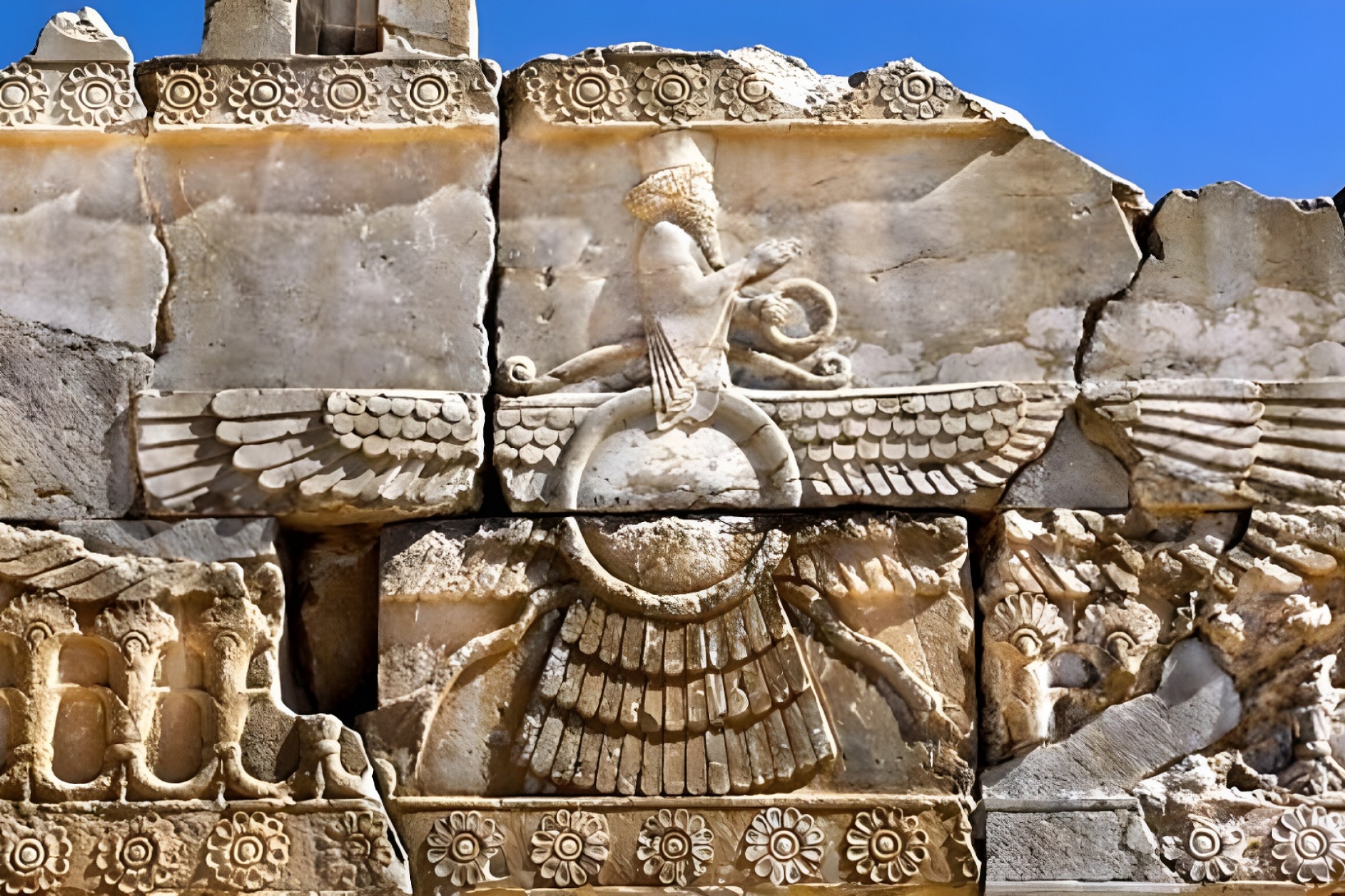
Zoroastrianism
Zoroastrianism is an ancient religion and religious philosophy that began in Persia, modern Iran. Its founder was the prophet and preacher Zoroaster or Zarathustra who was born in a priestly Persian family, lived and preached in the seventh century BCE. The teachings of Zoroaster became the state religion of the ancient Persian Empire that was spread from Persia to West Asia till the last Persian king was defeated by Alexander the Great in 330 BCE.
Zoroastrianism is a monotheistic faith and believes in one God that Zoroaster called Ahura Mazda which means ‘wise lord’. According to Zoroaster, Ahura Mazda is the supreme creator and a universal god. Zoroastrians believe in the powers of purification of fire and water and in their temples a fire is kept burning all the time. All their religious rituals are held before this sacred fire.
The Zoroastrian scriptures include the Avesta which contains the life of Zoroaster and the Gathas that are hymns of praise. Zoroaster preached that the human condition is a mental struggle between truth that he called ‘asa’; and lies that he named ‘druj’. He said that people had to sustain truth through leading a moral life. The teachings of Zoroaster would influence the three religions that appeared later in the Middle East – Judaism, Christianity and Islam.
Zoroastrianism in India
Between the 8th and 10th centuries Persia was conquered by Islamic rulers and the Zoroastrian community faced religious persecution. Many of them immigrated to India and settled in the coastal towns of Gujarat. The first settlements were in Sanjan, Navsari and Udvada where there is still a community of Zoroastrians. They began to be called Parsi as they came from Persia. Today the largest group of Parsis live in Gujarat and Maharashtra and have over the centuries played an important role in the history of India. There have been industrialists like Jamshedji Tata and political leaders like Dadabhai Naoroji; the scientist Homi Bhabha and General Sam Maneckshaw were also Parsis.
Parsi Pilgrimages
The Parsi’s religious journey is connected to the fire temples called Atash Behram and the fire temples at their first settlements were established with ash brought from temples in Persia. There are nine Atash Behrams in the world, one in Yazd in Iran and the rest in India. The three oldest Parsi settlements in India are in the towns of Sanjan, Navsari and Udvada in Gujarat and the fire temples at these towns are especially sacred and are the centres of pilgrimage. The oldest is the Udvada Atash Behram where a fire has been kept burning continuously since the 10th century. There are four other Atash Behrams in Mumbai and one in Surat.
Find Your Perfect Read
Explore More
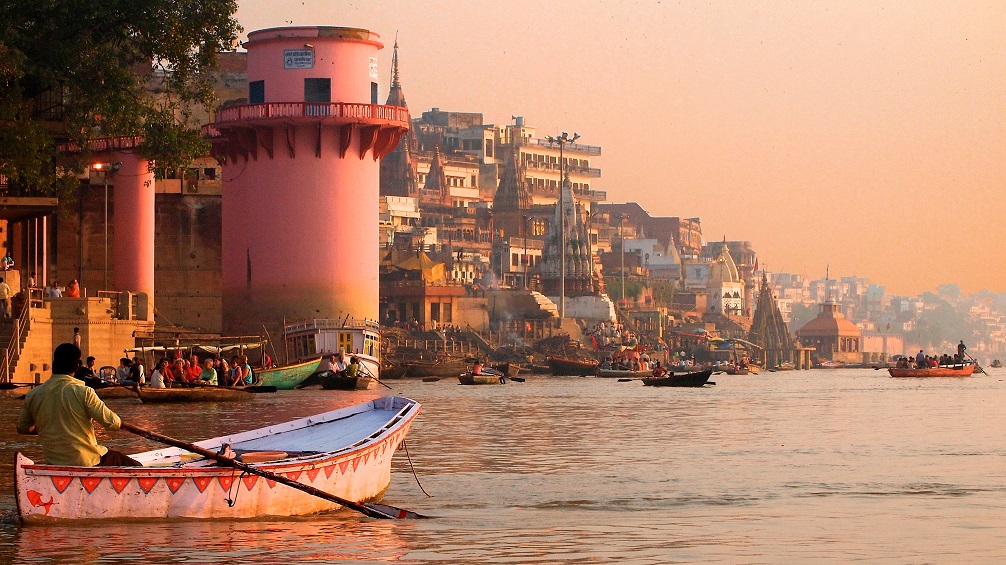
Hinduism
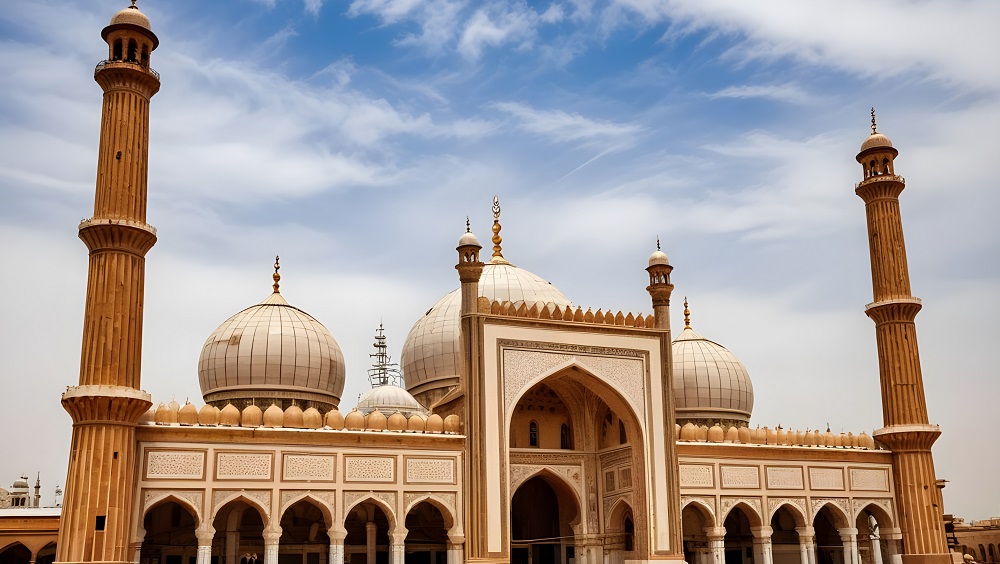

Christianity
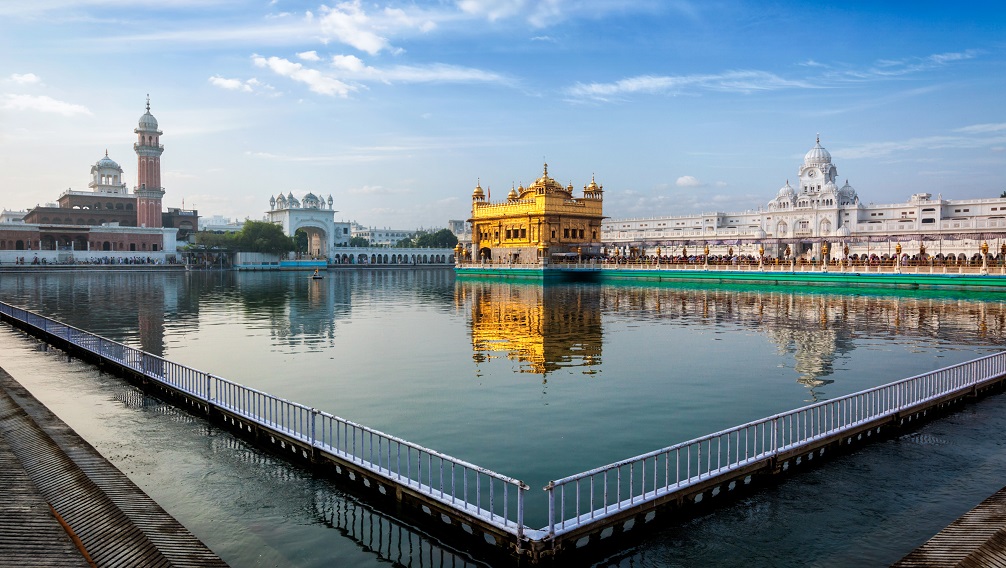
Sikhism

The Baha'i Faith
The Baha’i faith is a modern religion that preaches a faith that emphasizes the spiritual unity of all mankind...
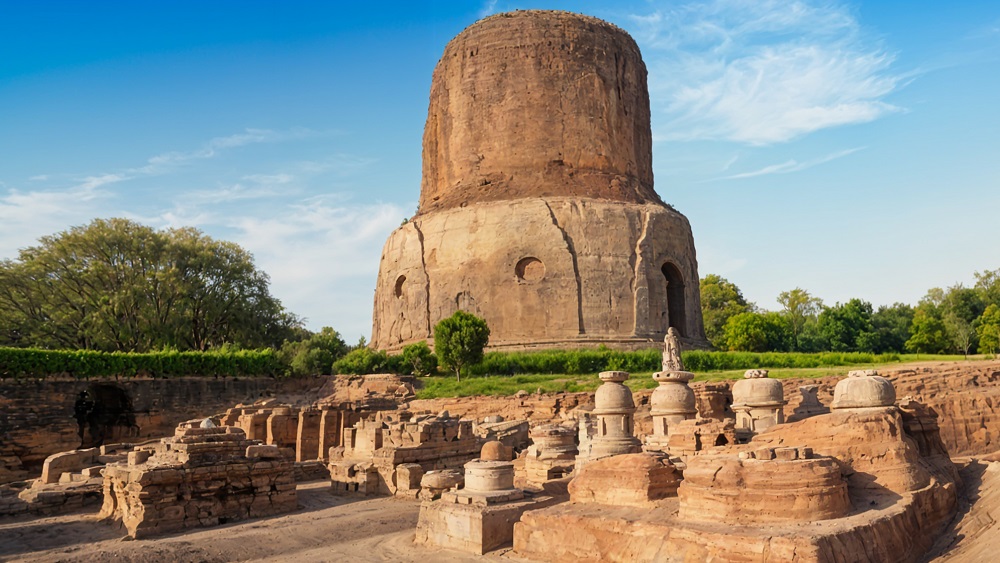
Buddhism
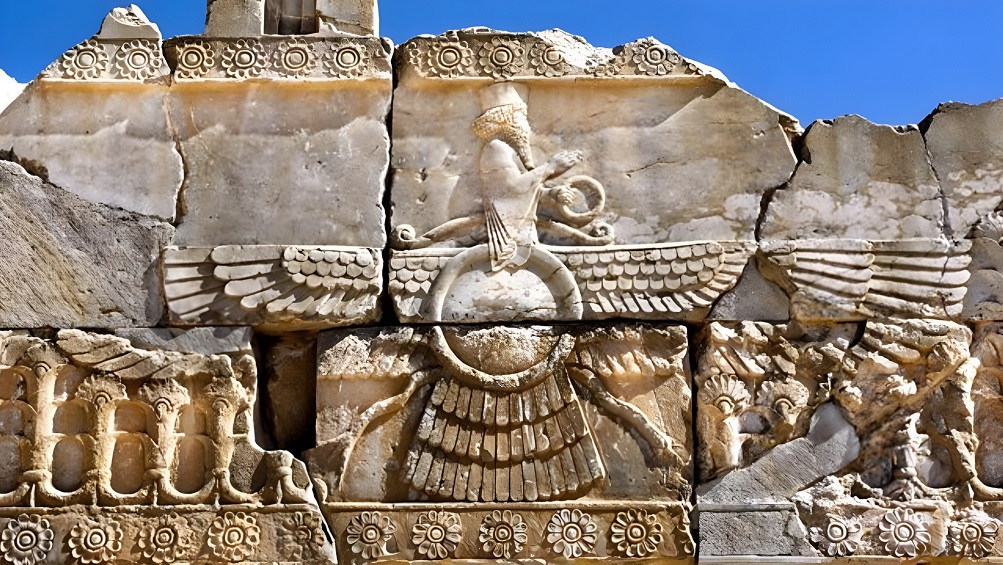
Zoroastrianism
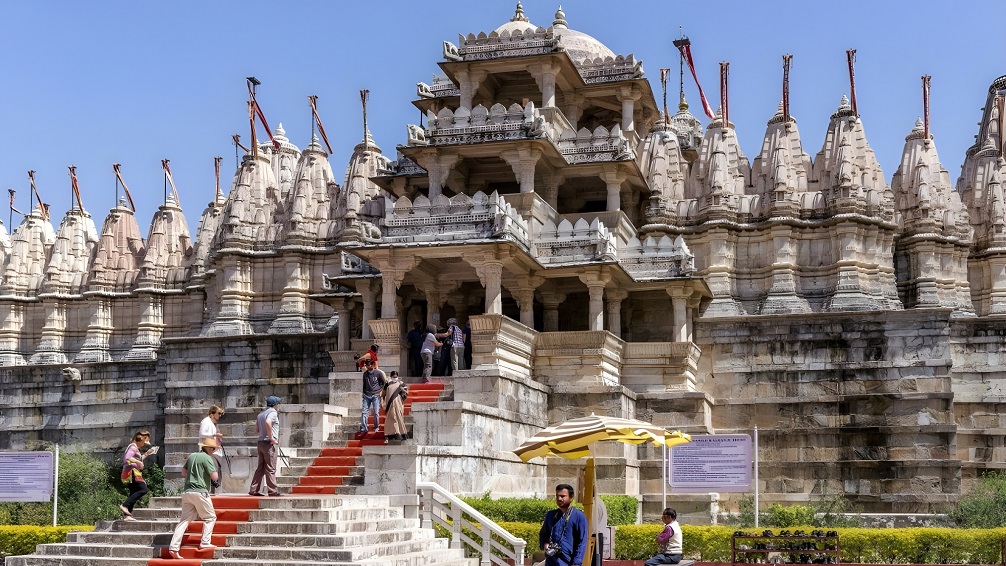
Jainism
The sixth century BC was a period of great intellectual ferment in India. This was the time...

